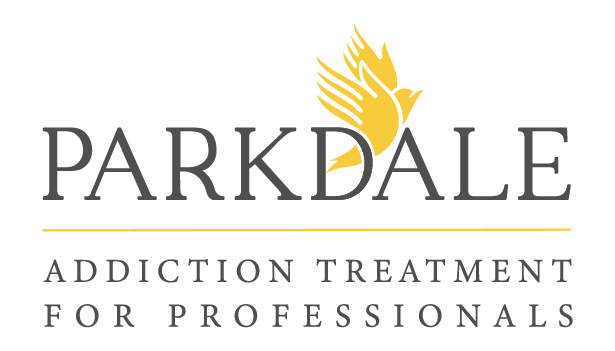By : Ethan Bickelhaupt
In the age of millennials, conceptually standard 9 to 5’s are almost considered archaic thanks to the increasing number of young entrepreneurs, bloggers, tech wizards, budding media moguls and social media (savvy) savants. In today’s workplace, time clocks are almost irrelevant as round-the-clock work is typically standard, almost required, in order to meet the demand of the current competitive marketplace. All of this in an attempt to further meet the demand of massive global consumerism. While seemingly faux pas in its plight, irony has a way of making itself evident in that many of those working such feverish hours are finding enjoyment in it. Part of it may be that in some vocational venues, today’s “office” isn’t much of an office at all. Workers today are given the freedom to work when they want, how they want as long as they meet their deadlines. In one place of employment you might find a gym, full on cafeteria, an arcade, even a daycare, all perks put in place to encourage “creativity” and allow an atmosphere conducive to developing “effective workers”. Sure seems like the ideal job to have, but even when surrounded by such frills and freedom, is there a point where you working a job transitions into a job working you, even while taking pleasure in it?
Rumor has it that within today’s highly competitive workforce lies a group of individuals whose drive and determination, while seemingly noble, have led to the unfortunate, treacherous path of workaholism. Yes, as one of addiction’s many deplorable minions, vocational extremism has been known to rear its ugly head from time to time among those who, for one reason or another, find it necessary to tirelessly put in more hours than is required from their respective place of employment. And while being diligent and dedicated to one’s work is an admirable trait, there is nothing beneficial to being overworked to the point of mental, physical and emotional exhaustion. There is a danger to workaholism that can lead to depression and in some cases contribute to other forms of addiction. It goes without saying, that being a workaholic isn’t limited to those who simply “enjoy what they do”. For many, like those struggling with other addictions, it can be used simply as a way to escape what some may feel is an unhappy life, even if for a brief moment. And like those addicted to other vices, while seemingly beneficial to their immediate needs and desires, a price is being paid that no amount of overtime can match.
According to an article in The Fix, like drug and alcohol addiction, “work addiction could be a way of escaping from other issues” and “a new study out of Norway has found that workaholics are more likely than non-workaholics to suffer from anxiety and depression, among other psychiatric disorders.” Researchers in the article have also found that “Taking work to the extreme may be a sign of deeper psychological or emotional issues.” Finally, the article cited a study from the British Medical Journal (January 2015) which reported that “ those who work more than 48 hours per week are more likely to drink dangerous amounts of alcohol.” (https://www.thefix.com/workaholics-have-higher-rates-anxiety-and-depression). These reports suggest that at the very least, there is some merit in trying to determine whether or not one befits the title of a workaholic and that if they find they are one, determine the root cause of the issue so that it may be addressed accordingly. Having the appropriate knowledge can help to quickly obtain the proper response and treatment. And that is something worth working for.
Like this article? Check out some of our other blogs to find more topics that appeal to you! Also, let us know how we can be a part of your journey to self discovery, awareness and overall quality of life. Visit us at parkdalecenter.com we’d love to hear your story and maybe be a part of it!
For more details on this study please visit: https://www.thefix.com/workaholics-have-higher-rates-anxiety-and-depression


